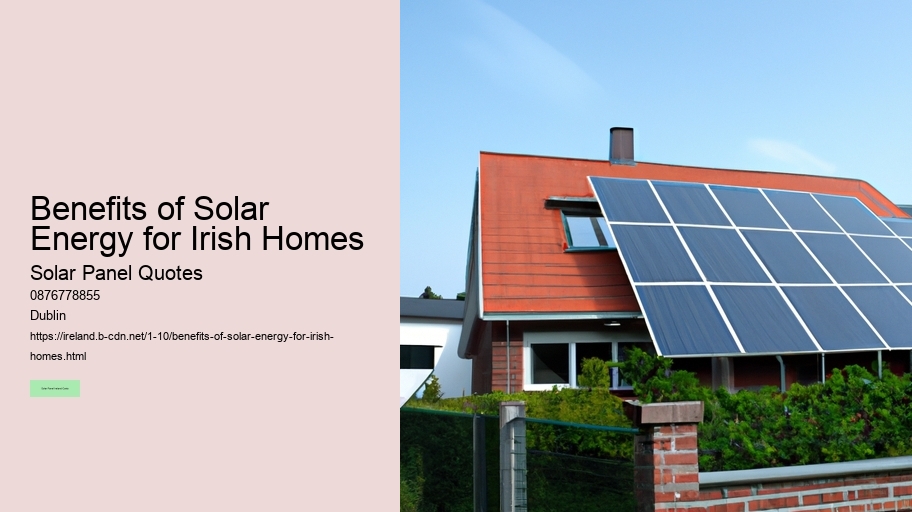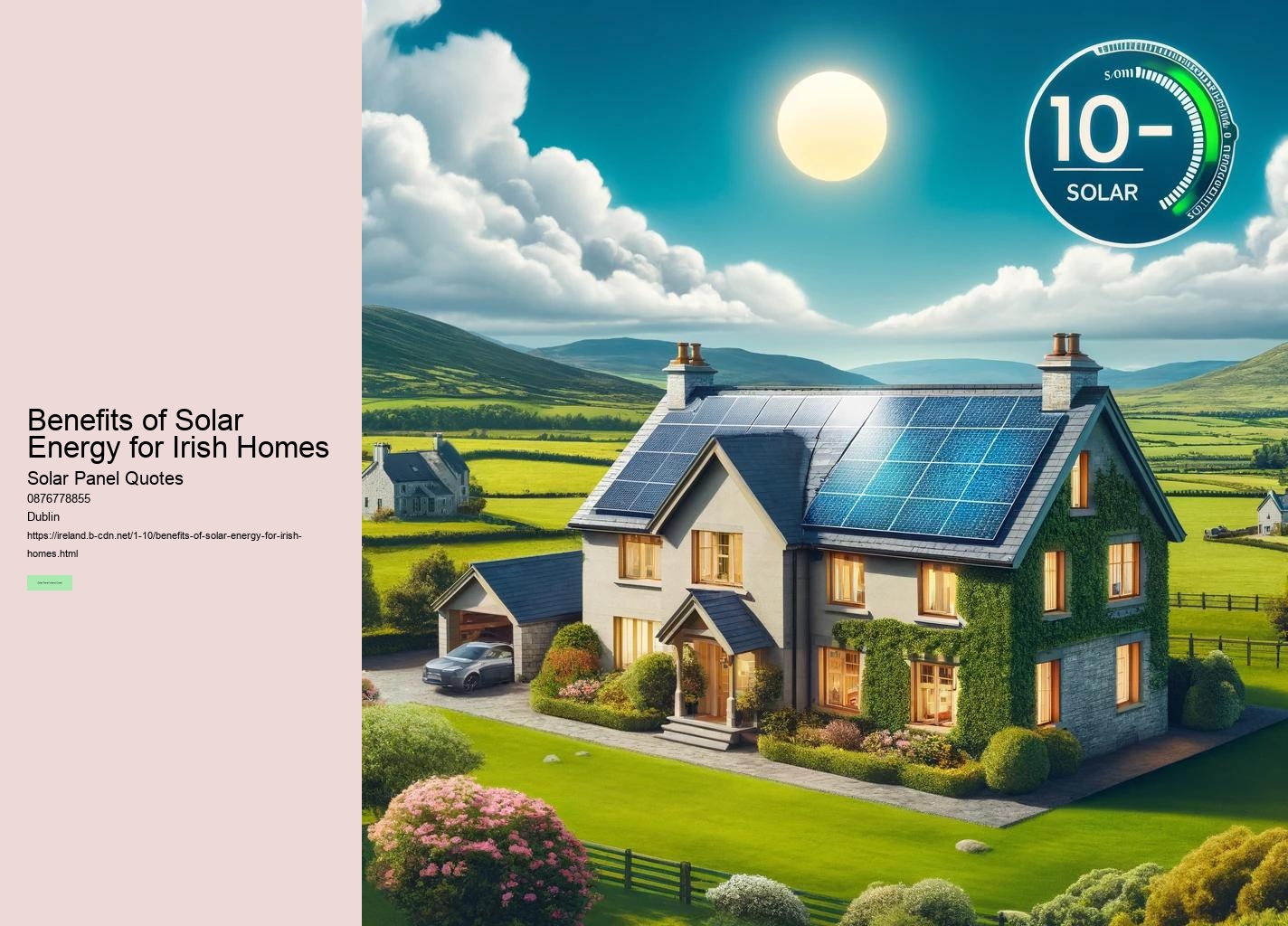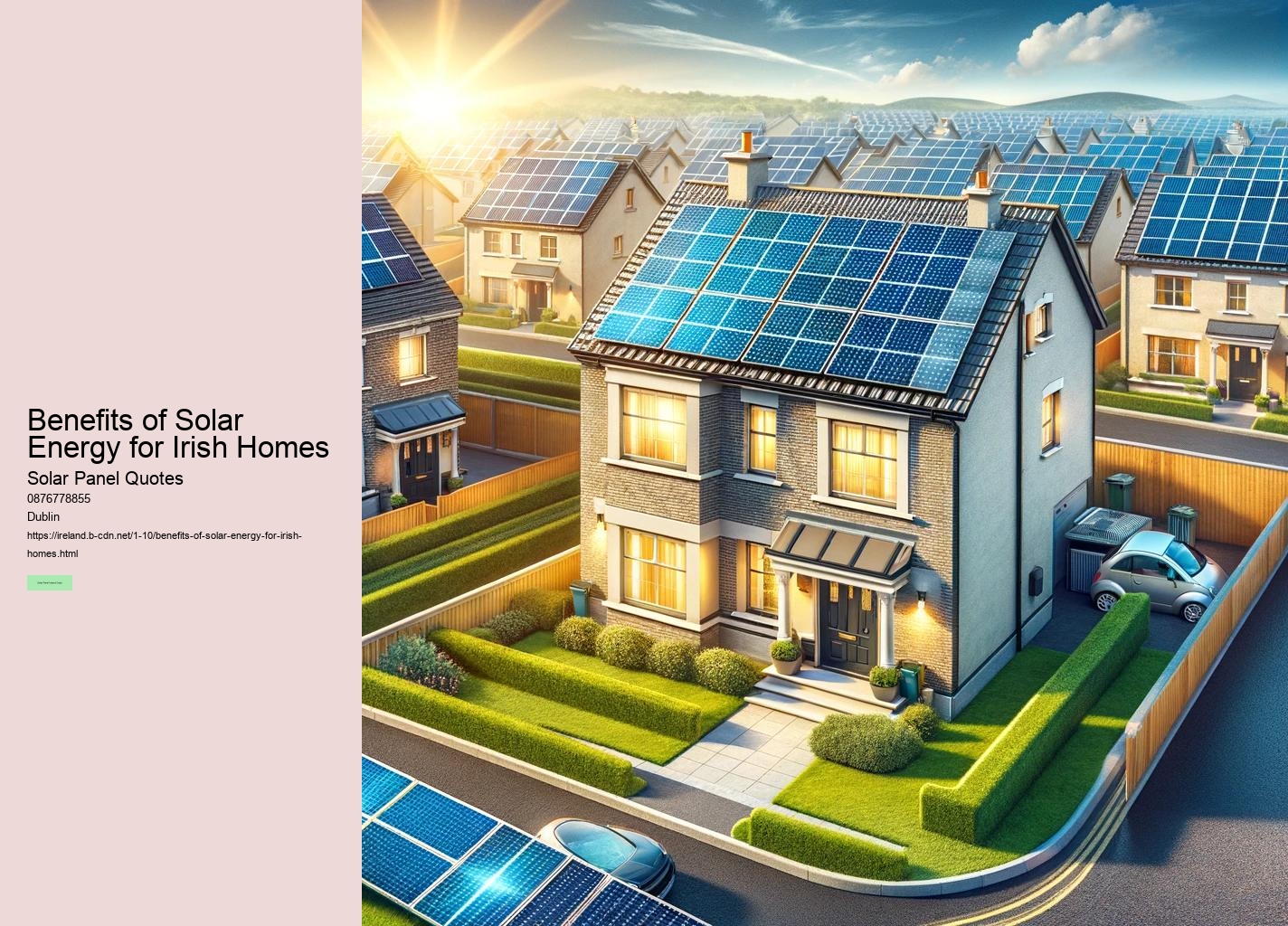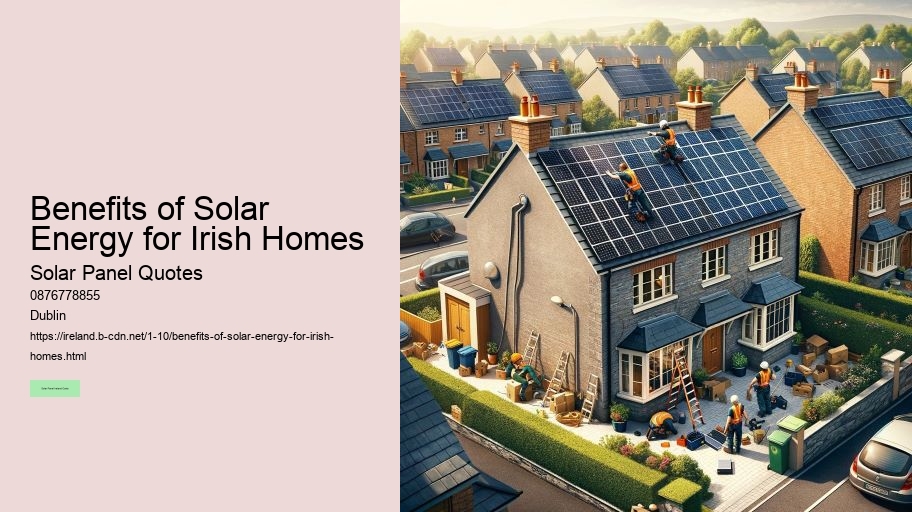

Solar panels have become an increasingly popular choice for homeowners and businesses looking to reduce their electricity expenses and contribute to sustainable energy development. This increased property value complements the energy cost savings and supports long-term sustainability goals.
Government incentives significantly reduce the financial barrier to adopting solar energy. Polycrystalline silicon panels, while slightly less efficient, are more affordable and offer a good balance of cost and performance. By producing their own electricity, households reduce dependence on the national grid and avoid fluctuations in electricity prices. In addition to powering appliances, they can be integrated with solar water heating systems to reduce reliance on electric or gas-powered boilers.
Additionally, the removal of VAT on solar panels since 2023 has made the transition to sustainable energy more affordable for homeowners across the country. Technological advancements have greatly improved the efficiency of solar panels. The payback period for solar panel installations in Ireland typically falls between five and seven years.
Durability is another advantage of modern solar panels. The potential savings on electricity bills alone can be substantial, with the average Irish home saving up to €1,000 annually. By integrating solar panels into the national grid, homeowners contribute to the growth of renewable energy in the country.
Homes equipped with rooftop photovoltaic systems are perceived as energy-efficient and environmentally friendly, making them more attractive to potential buyers. Environmental benefits are a core advantage of solar energy systems. This shift to renewable energy aligns with Ireland's efforts to combat climate change and promote sustainable development.

Maintenance requirements for solar panels are minimal. With advances in solar technology, modern panels offer higher efficiency rates, even in Ireland's relatively mild climate. By installing a rooftop photovoltaic system, you take an active role in reducing your carbon footprint and supporting Ireland's energy transition.
The choice of panel type can significantly influence the overall cost and performance of the system. For those with electric vehicles, battery chargers can be integrated into the system, offering a comprehensive sustainable energy solution.
Homes equipped with rooftop photovoltaic systems and energy storage solutions are seen as energy-efficient and future-ready, making them desirable to potential buyers. Solar inverters play a critical role in converting the direct current (DC) produced by solar panels into alternating current (AC) used in homes.
With government incentives, advanced technologies, and proven long-term savings, solar panels are transforming the way energy is consumed in Ireland. Government incentives play a significant role in making solar panels more affordable in Ireland.
By using solar thermal collectors for water heating, homeowners can further reduce their reliance on electric heating or gas boilers, lowering overall energy costs.


By generating your own power, you reduce reliance on grid energy storage and gain control over household energy expenses. Reputable solar panel companies in Ireland offer comprehensive services, from site assessments to customized system designs. The cost of installing solar panels in Ireland typically ranges from €6,000 to €18,000.
Solar panels also contribute to efficient energy use beyond electricity generation. For homeowners in Ireland, embracing solar energy offers a pathway to lower energy costs, enhanced property value, and a reduced environmental footprint.
Excess electricity can be exported back to the grid through feed-in tariffs, creating an additional revenue stream while supporting the broader energy network. Additionally, the government has reduced VAT on solar installations to zero, further lowering the initial investment required.
By harnessing sunlight to generate electricity, solar panels reduce reliance on fossil fuels, lower greenhouse gas emissions, and decrease the carbon footprint of households. After this period, households enjoy free electricity for up to 20 years, with the added benefit of reducing their carbon footprint and supporting green energy development.
On average, homeowners in Ireland recover their initial investment in five to seven years through reduced electricity bills and earnings from exporting excess electricity to the grid via the Microgeneration Support Scheme.

For a standard three-bedroom home, these costs are offset by grants and incentives, making solar power increasingly accessible.

Solar panels require minimal maintenance, primarily involving regular cleaning and periodic checks to ensure they are functioning optimally.
Yes, installing solar panels can increase home value by improving energy efficiency and attractiveness to potential buyers who value sustainability.
The average cost of installing solar panels in Ireland ranges from €6,000 to €18,000, depending on the size and specifications of the system.
Monocrystalline panels are made from a single crystal structure and are more efficient, while polycrystalline panels are made from multiple crystal fragments and are more cost-effective.
Yes, given the rising cost of electricity and the availability of government incentives, solar panels are a financially sound and sustainable investment in Ireland.
Monocrystalline panels are made from a single crystal structure and are more efficient, while polycrystalline panels are made from multiple crystal fragments and are more cost-effective.